How Unity 6 enables Den of Wolves to do things the team can’t even talk about yet
How 10 Chambers got to grips with Unity 6 before it even launched
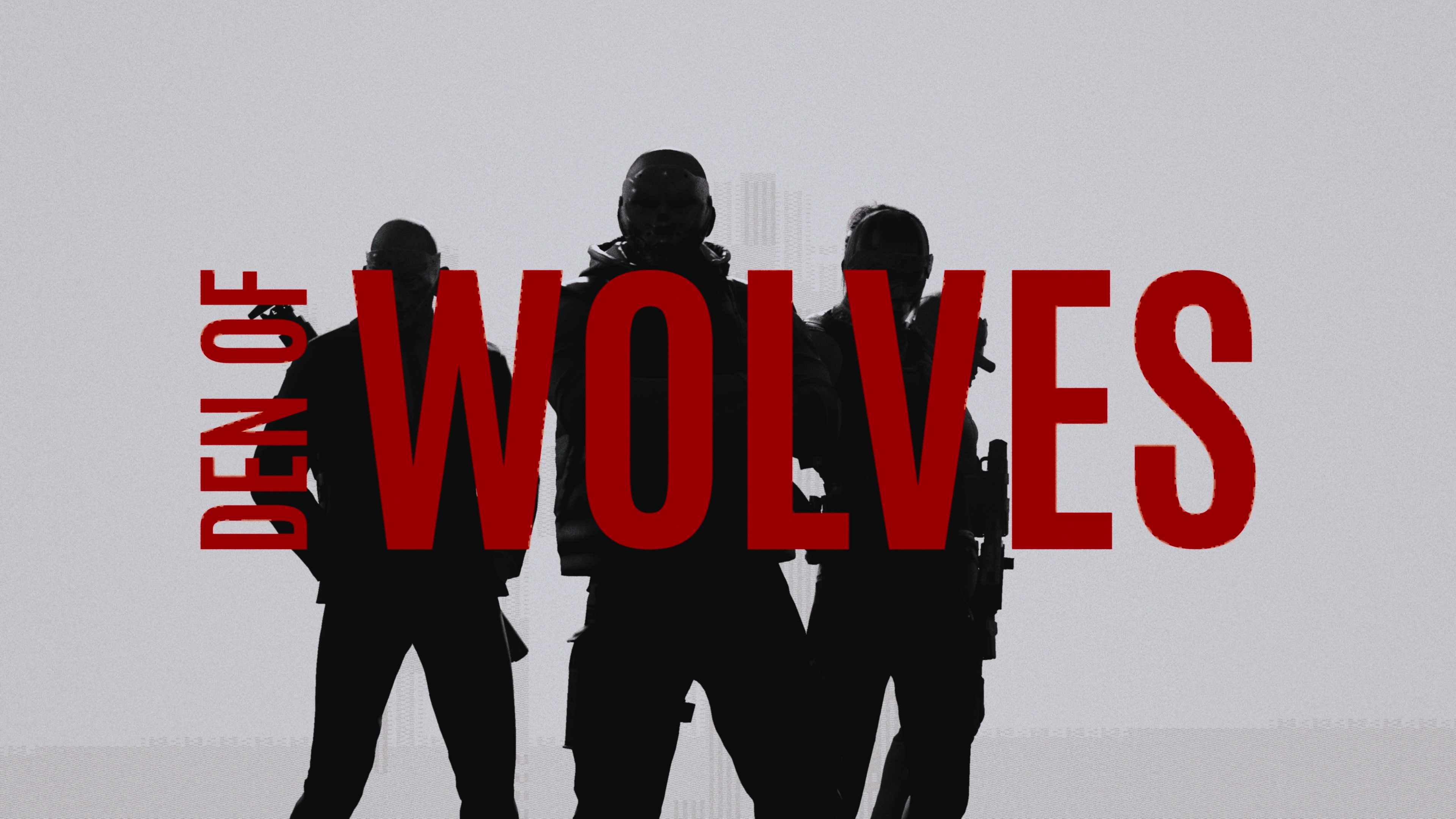
While the rise of social media has offered more than a peek behind the curtain of game development, there’s still a lot that the everyday customer doesn’t know about how their favorite titles are made.
That’s changing, however, with ‘off-the-shelf’ game engine options that cater to both the solo developer and growing studio alike. One of the most popular, Unity, is launching its Unity 6 engine today, and I sat down with Ryan Ellis, VP of Product at Unity, and Hjalmar Vikström, Co-Founder and Chief Development Officer at 10 Chambers, to talk about how Unity 6 powers the new co-op heist first-person shooter, Den of Wolves.
Getting a headstart
While Unity 6 will launch today, the Den of Wolves team made the surprising decision to pivot to using it before launch, having developed its previous title, GTFO, on Unity 5.
“You always kind of thread the ‘risk mitigation versus cutting edge’ kind of line, because you want to have the new stuff and the coolest things, but you also want to know that your game can be delivered, that you don't run into any breaking bugs that you can’t fit”, Vikström explains.
“It's very scary to put yourself in the hands of someone else. But, since we have, we've been trying out different versions of Unity 6 for a good while now, and got a lot of help from Unity”.
The move to version 6 marks the first numerical update to Unity in years, and Ellis explains that’s down to the request of its users. “There are two major reasons behind this,” he explains. “The first one is that we received feedback from our customers that the annual numbering system wasn't working well for them, and that was partly because those releases would oftentimes take a little bit more than a year to deliver.”
“The second and probably more important reason is that we are changing the way in which we do releases in general. So, the Unity 6 release is going to be supported for a long time. We're going to support it for many years and as part of that, we are introducing a new mechanism, which is called an update release.”
Sign up for breaking news, reviews, opinion, top tech deals, and more.
Unity 6.1 is already planned for April 2025, with Unity planning to ship two updates a year - something Vikström says the team at 10 Chambers can begin planning for. “The less we need to worry about something just spontaneously breaking, the more creative we can be.
“We're super pragmatic as a game developer. We're building quite big production-heavy games and we need to have confidence in the tech we're building on.”
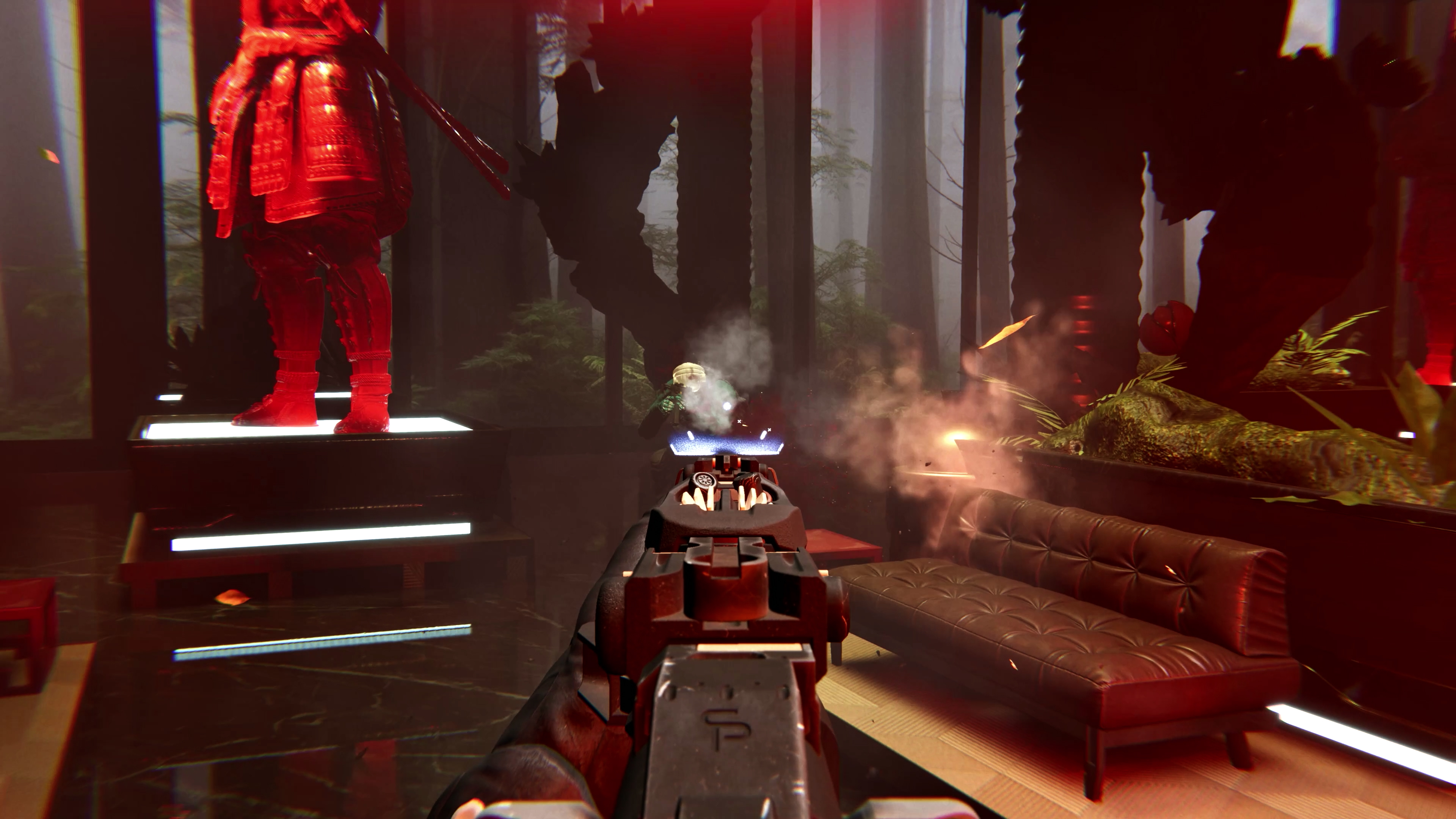
A new foundation
Both Vikström and Ellis are keen to extoll the virtues of what Unity 6 offers. Ellis says the new engine can offload some strain from the CPU (central processing unit) onto the GPU (graphics processing unit), resulting in a four-times performance increase.
“This is just a thing where developers tick a box and enable this feature and automatically get that kind of thing, he says, also pointing at updates to GPU occlusion “giving you back valuable frame rates on not needing to render things that are hidden from you.”
Vikström says there are “a few things” that the new engine allows for Den of Wolves, but that the team can’t talk about them yet. “We have things that lean quite heavily into the sci-fi of Den of Wolves that are a little bit more out there,” he teases.
“I won't lie, and I think everybody at Unity will agree, that it was a bit rocky a couple of years ago, so this is them doubling down on Unity 6 stability.
“For a while, it felt like there was always a 'new shiny thing', a lot of acquisitions, and it was like ‘Hey don’t forget the developers’.
“But there has been a big shift now, the last couple of years, speaking to the devs, speaking to the [Unity] teams, they're focused on just stability, and want to make it right this time, you know.”
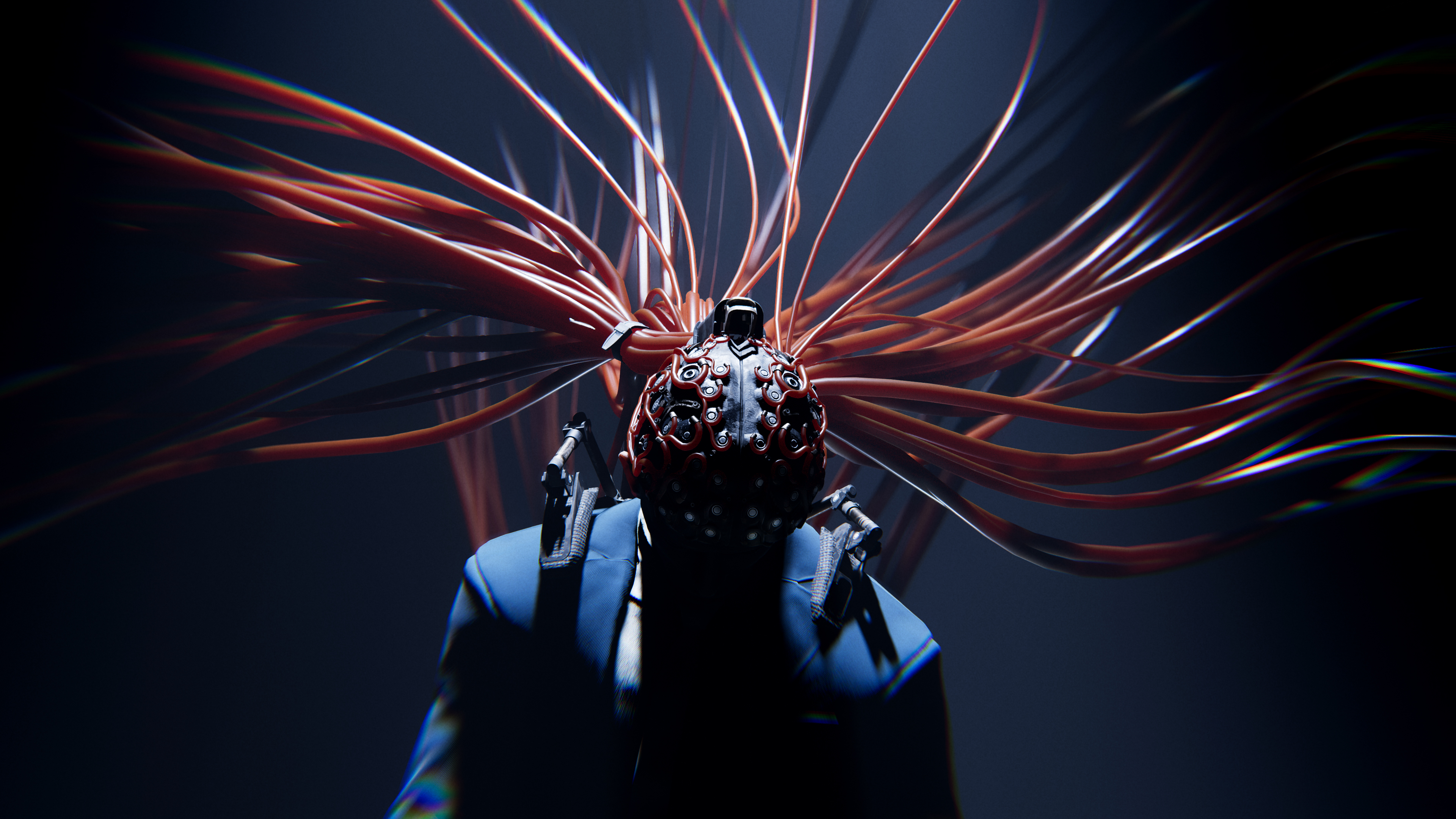
An engine for a multiplayer world
Den of Wolves is a multiplayer title, making it an ideal showcase for Unity 6’s new multiplayer framework, too, as well as its new Releases workflow which is a response to the rise of ongoing games.
“In general, what we've found is that, historically, it was sometimes a lot of work for people to do an upgrade of the underlying engine,” Ellis admits.
“By doing these types of update releases, we're essentially breaking down and spacing those things out, making it easier for them to adjust things and try them.
“More and more games are multiplayer. These are some of the most successful games in terms of engagement, monetization, and when we survey our community, more and more every year say that they're interested in making a multiplayer game.
“But it turns out that making multiplayer games is hard,” he jokes.
“You need a lot of very specific skills from the networking stack down to the server-side technology, so one of the things we’ve delivered with Unity 6 is a thing called Multiplayer Center, which allows you to answer some simple questions about the type of game you're trying to make, how many players, whether it’s fast-paced, and then from that we suggest a configuration of everything.”
With Unity’s sizeable footprint outside of gaming, Ellis says this same functionality will extend to collaborative workflows across animation, engineering, and more, and also allow the engine to support web app development for titles.
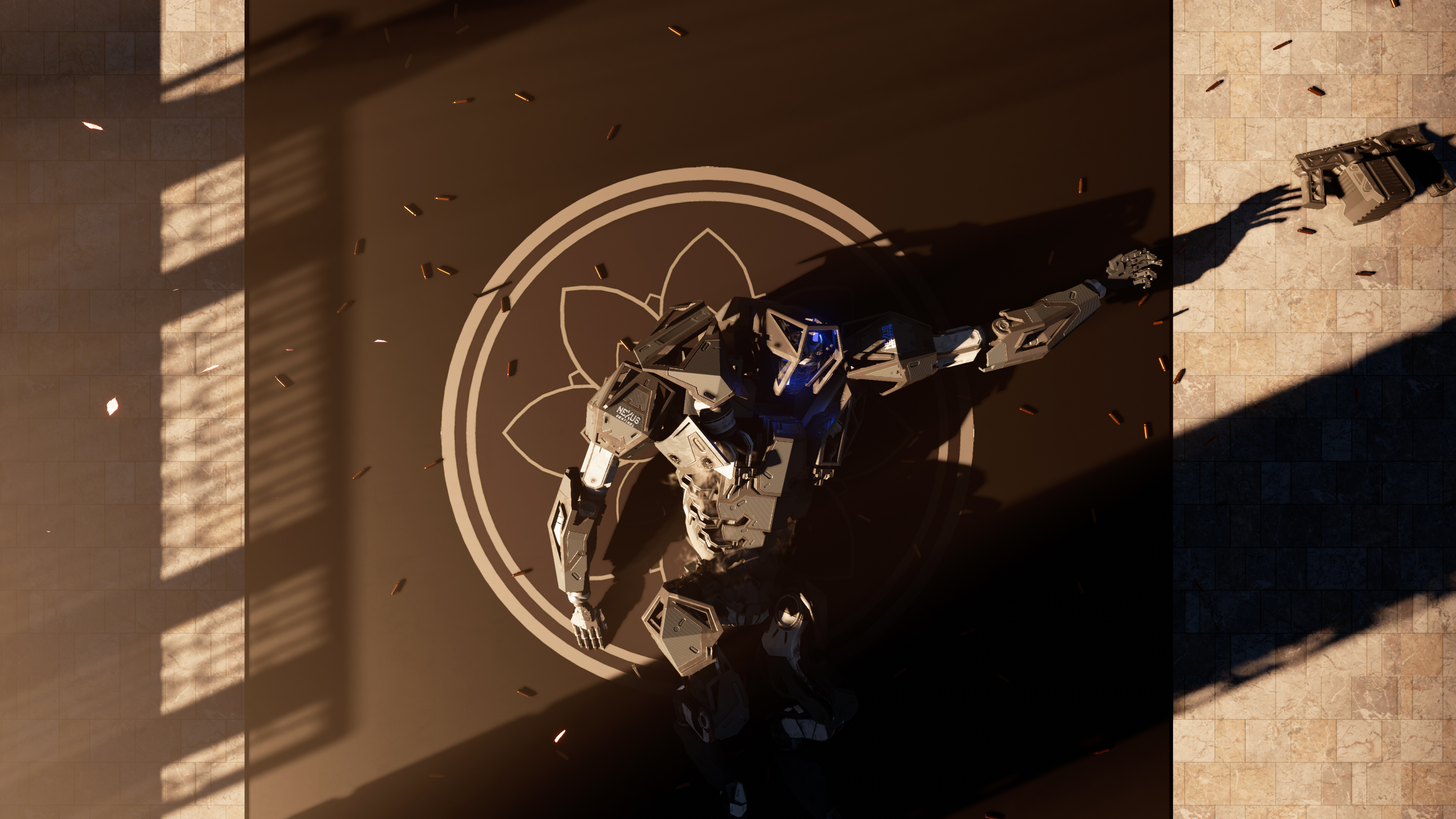
No longer behind the curtain
Engines are perhaps not the kind of topic that gets gamers’ hearts racing, but the concept has come under more scrutiny from armchair game devs than ever in recent weeks.
Football Manager developer Sports Interactive has been working on switching from its own engine to Unity, with suggestions that the move is what has delayed this year’s game into 2025 - a relative disaster for an annualized franchise with a limited shelf-life.
I asked if Unity could smooth that kind of transition in the future. “I hope so. And I think so,” Vikström says. “The rendering part is a good example. Going from having three or four rendering pipelines to having one, but it's very modular, and the same thing being applied to UI systems or physics systems, I really hope can bring more developers.
“Games like ours and [Escape from] Tarkov and other high-profile games will also help the case. For GTFO, people were stunned that we were doing GTFO in Unity, there weren’t many stylized first-person shooters, and I think that’s shifting.”
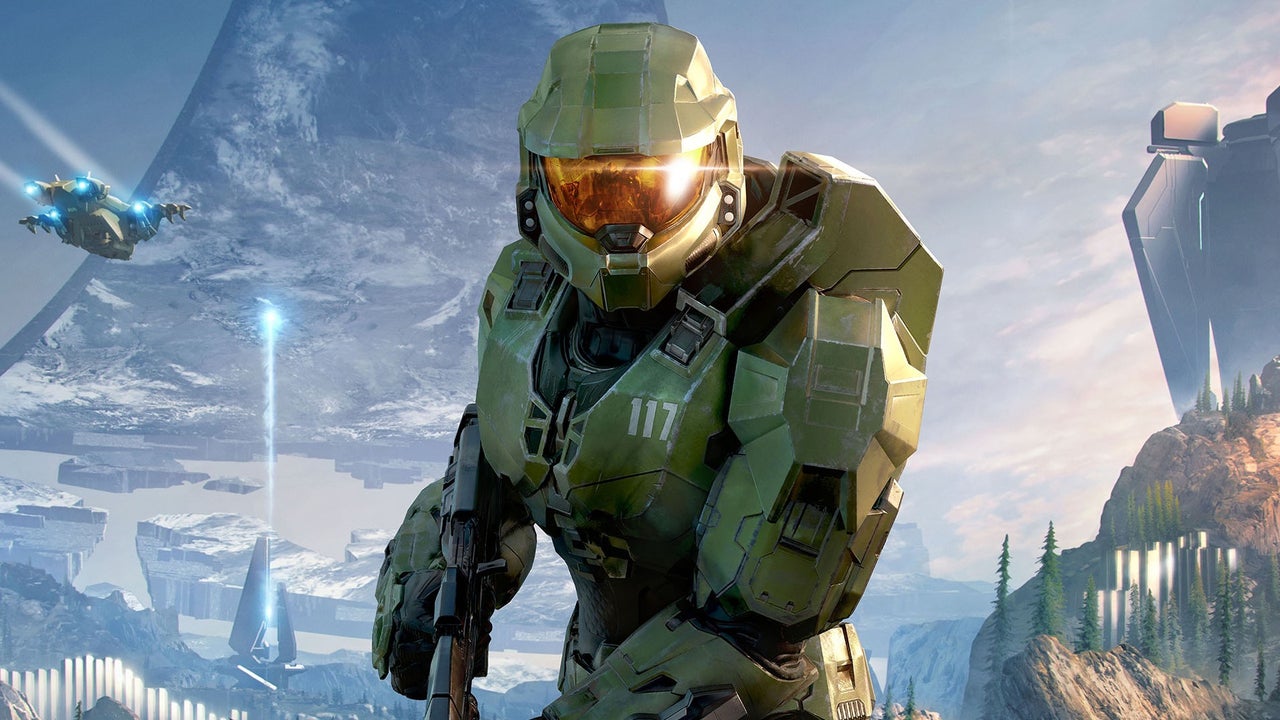
The Halo development team within Microsoft also confirmed they’re shifting away from the Slipspace engine from Halo Infinite and to an off-the-shelf option in Unreal Engine 5, a Unity competitor - something Vikström thinks will be a sizeable task. “I can't believe how much work that is,” he admits.
“It’s a huge challenge,” he says, “it’s not something you do in a heartbeat”. Still, the discussion got gaming audiences talking, and that more open nature of development is something that both Vikström and Ellis feel in everyday life.
“I'm a dad and I have an eight-year-old and a six-year-old, and they think my job is cool. The name Unity actually has quite a lot of resonance in the broader world. You can wear a Unity t-shirt and walk out on the street and people know who you are and know the impact and what it's had and actually delivering to them.
“Personally, it's very fulfilling for me to have my kids think I'm a cool Dad, but also to know that I'm making a real impact on the world.”
“Because of that availability, you see single-developer studios and projects. We didn't have engines of this quality back in the day, so all my other projects before GTFO were done with proprietary engines in different companies, where everybody wrote their own thing, most game developers were engine developers.”
“If you're making a high-profile game in terms of visuals, it takes so much work, so it doesn't make sense to maintain your own engine anymore.”
From bedroom developers to multiplayer games-as-a-service, Unity 6 is clearly attempting to cover all bases. And, while we’ll have to wait for more news on Den of Wolves and those mysterious new features that leverage the engine, things are certainly more public in the world of engine development than they’ve ever been.
You might also like...
- PS5 Pro: everything you need to know
- The Marvel Rivals team on how to build a hero - and make them powerful
- PS5 Pro pre-order guide: the latest and best places to find stock

Lloyd Coombes is a freelance tech and fitness writer for TechRadar. He's an expert in all things Apple as well as Computer and Gaming tech, with previous works published on TopTenReviews, Space.com, and Live Science. You'll find him regularly testing the latest MacBook or iPhone, but he spends most of his time writing about video games at Dexerto.